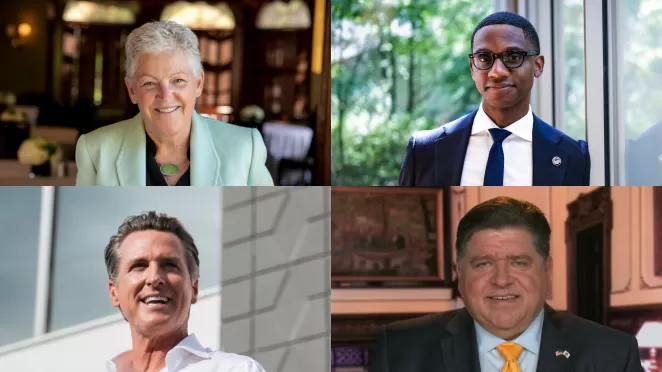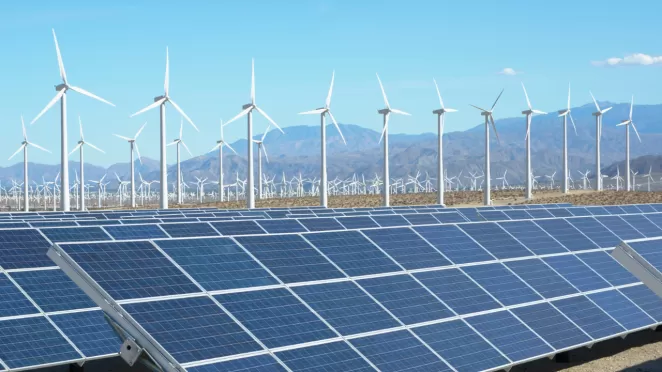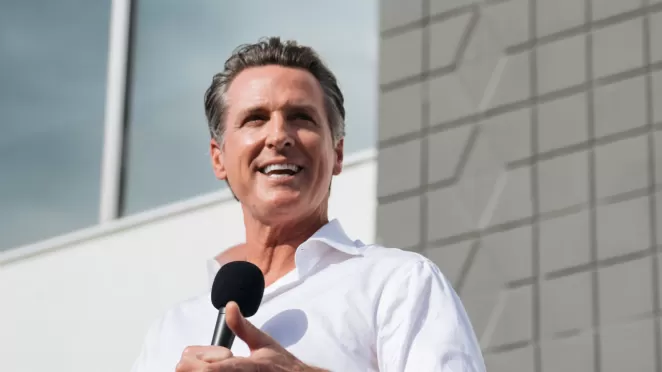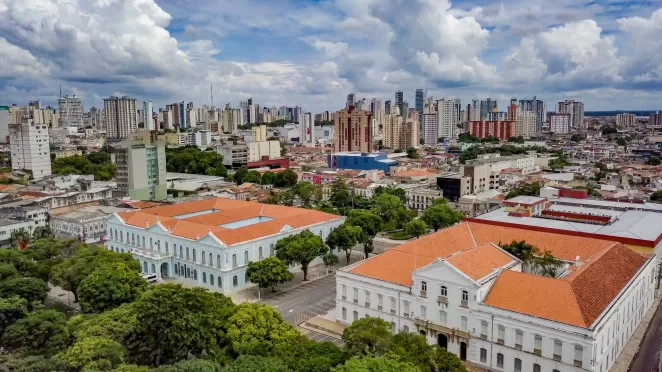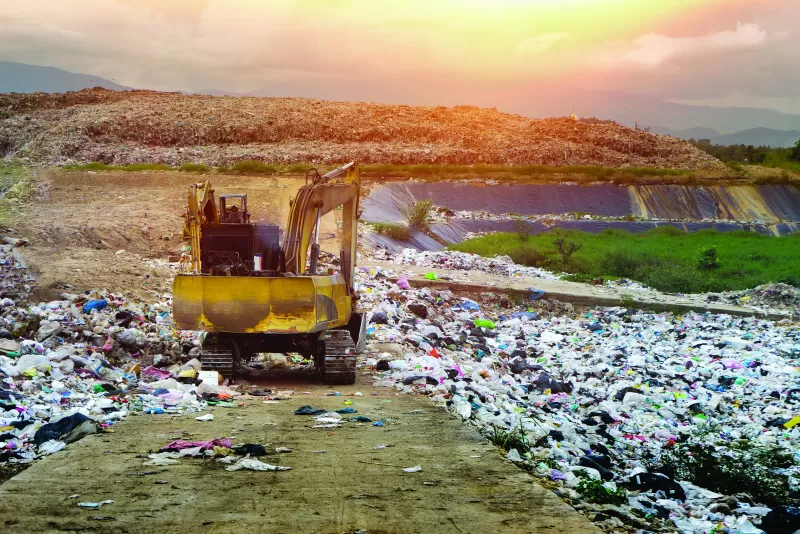
March 2025
Dear CDPHE Director Ryan,
As elected officials from across Colorado, we write to express our strong support for the Colorado Department of Public Health and Environment’s planned rulemaking to address methane pollution from landfills. We believe that every Coloradan deserves clean air, clean water, and a stable climate. We urge CDPHE to move swiftly to develop a comprehensive, nation-leading landfill standard that embraces the latest best practices and available technologies to drastically cut methane emissions, advance Colorado’s climate and clean air goals, and protect the health of our constituents.
In Colorado, municipal solid waste landfills are the third largest source of methane, a climate super pollutant with 80 times the near-term warming power of carbon dioxide. And beyond the dangerous warming impacts, landfills emit odors, hazardous air pollutants, and ozone precursors that harm our health, air quality, and quality of life. A number of Colorado landfills are located in low-income communities and communities of color, including in severe ozone nonattainment areas.
Fortunately, there are proven, cost-effective solutions to better find and reduce methane from landfills. While there are many items to improve, we focus on three key provisions the rule should include:
1. Strengthen requirements for installation and operation of landfill gas collection and control systems. Ensure landfills capable of capturing landfill gas are doing so throughout the landfill, at the earliest feasible date (e.g., within one year and including active cells), and in accordance with rigorous standards for gas control system design, installation, and operation. The EPA estimates fifty percent of the carbon in food waste is degraded to landfill gas within 3.6 years. Yet current rules give landfills up to five years to install gas capture and control systems in active cells. This means a large amount of food waste has degraded to methane and escaped to the atmosphere before any collection system is in place.
2. Require deployment of advanced monitoring technologies for prompt detection and mitigation of emissions and to verify performance of landfill gas collection and control systems. There are significant gaps in current monitoring protocols, and a new rule should include an advanced leak detection program for operators (e.g., monthly drone-based or continuous monitoring) and a super-emitter program to leverage readily available remote sensing data to quickly find and fix large leaks.
3. Include robust and effective landfill cover requirements to limit methane emissions from the landfill surface. Establish standards to minimize the size of the landfill active working face, ensure cover integrity, and use materials like biocover that oxidize methane.
In addition, we encourage CDPHE to advance programs and policies that divert organic waste from landfills. By promoting waste prevention, edible food recovery, and composting programs, CDPHE can help avoid future landfill methane pollution while creating job opportunities in the circular economy, addressing food insecurity in our communities, and producing valuable products like compost that sequester carbon and improve soil health.
Without fast action on methane, local governments will increasingly face the impacts of rising temperatures, toxic air pollution, and extreme weather events. Through a strong rule, CDPHE can help slow the pace of global warming, achieve cleaner air, and protect public health. Thank you for your consideration, and we are here to support in whatever ways that we can.
Sincerely,
- Aaron Brockett – Mayor, City of Boulder
- Alan Apt – Former Board of Trustees Member, Former City Council Member, Nederland, Fort Collins
- Ashley Stolzmann – Boulder County Commissioner, Boulder County
- Brianna Titone – State Representative, HD27
- Bruce Leslie – Broomfield City Council Member, Ward 4, City and County of Broomfield
- Cathy Kipp – State Senator, Senate District 14
- David Fridland – Councilmember, Lafayette
- Elizabeth Velasco – State Representative, HD57
- Emily Baer – Council Member, Town of Erie
- Emma Pinter – Chair, Commissioner, Adams County, CO
- Faith Winter – State Senator, District 25
- Flor Alvidrez – Councilmember, City and County of Denver, District 7
- Guyleen Castriotta – Mayor, City and County of Broomfield
- Isabel Cruz – Ward 2 Councilmember, City of Lakewood
- Jacob LaBure – City Councilman, Ward 5, City of Lakewood
- Jamie Jackson – State Representative, House District 41
- John I. Clark – Mayor, Town of Ridgway
- John Kefalas – Commissioner, Larimer County
- Judy Amabile – State Senator, District 18
- Junie Joseph – State Representative, House District 10
- Kristi Douglas – Councilmember At-Large, Commerce City
- Lance Waring – County Commissioner, San Miguel County
- Laura Weinberg – Mayor, City of Golden
- Lauren Folkerts – Mayor Pro-Tem, City of Boulder
- Laurie Anderson – Councilmember, City & County of Broomfield
- Lesley Smith – State Representative, HD49
- Lisa Cutter – State Senator, Senate District 20
- Matt Scherr – County Commissioner, Eagle County
- Mike Weissman – State Senator, Senate District 28
- Paloma Delgadillo – Councilmember, Broomfield, CO
- Paul Kashmann – City Council, District 6, City and County of Denver
- Randy Moorman – Mayor Pro Tem, City of Arvada
- Renée Millard Chacon – Commerce City Councilmember, Commerce City
- Ryan Schuchard – City Councilmember, City of Boulder
- Sarah Parady – Denver Councilmember At-Large, Denver City Council
- Serena Gonzales-Gutierrez – Councilwoman At-Large, Denver City Council
- Sophia Mayott-Guerrero – City Councilor, Lakewood
- Steve Child – County Commissioner, Pitkin County
- Steven Douglas – Mayor, Commerce City
- Susie Hidalgo-Fahring – Mayor Pro Tem, Longmont City Council
- Taishya Adams – Councilmember, City of Boulder
- Tim Barnes – City Councilor, Lafayette, Colorado

Latest
More articles >